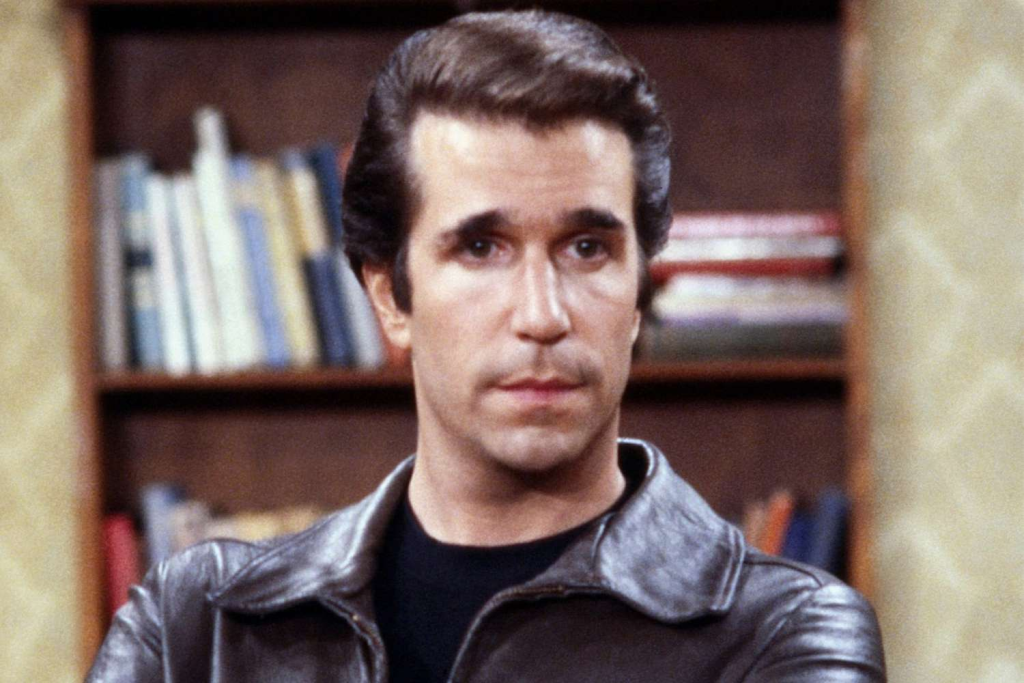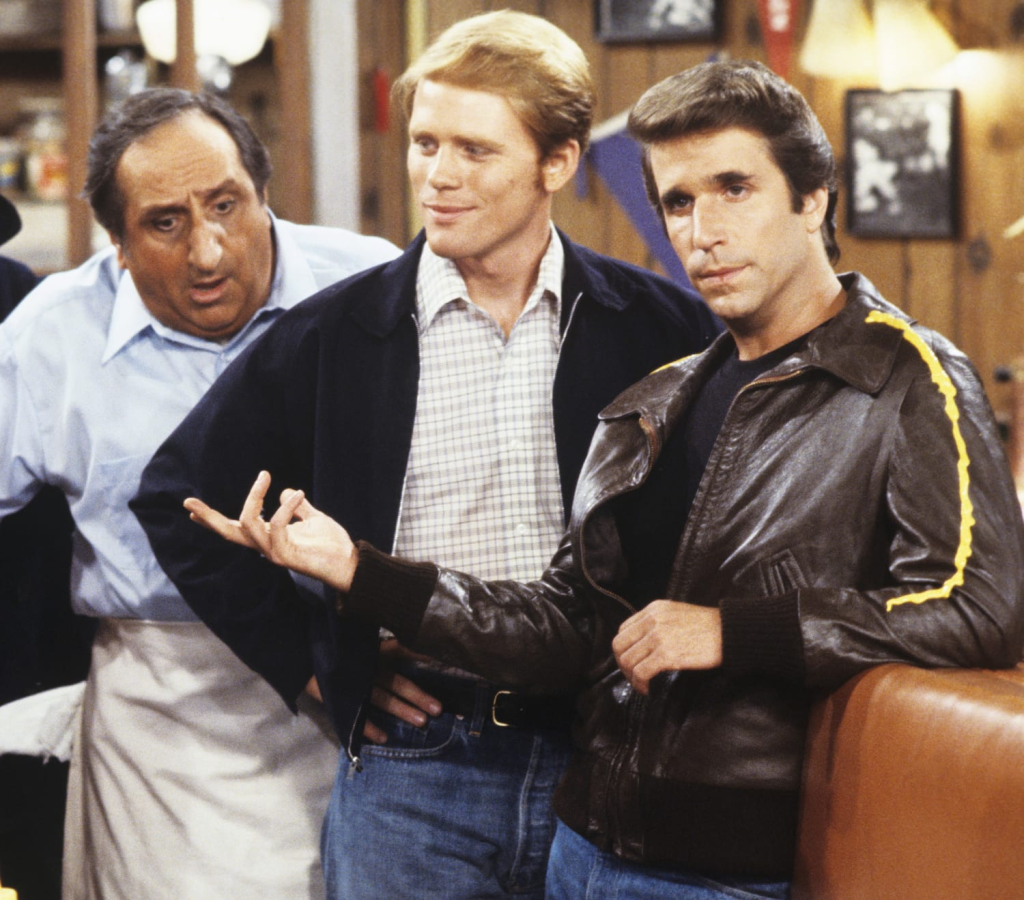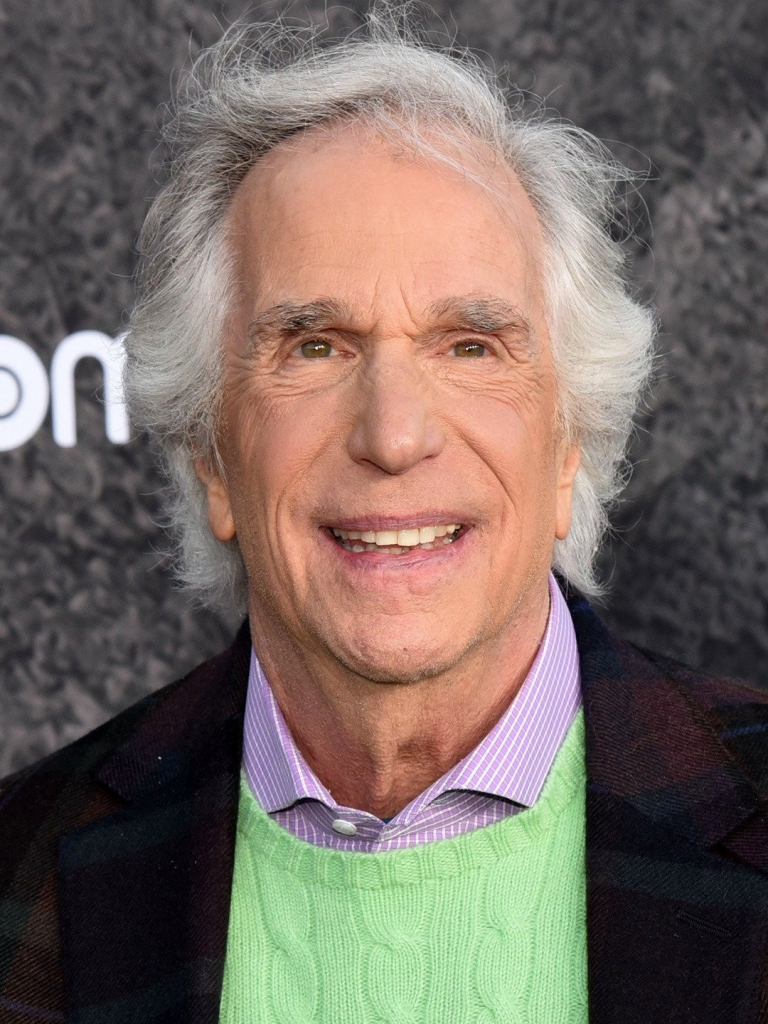Henry Winkler is known for his iconic role as “The Fonz” on Happy Days, but behind the cool and confident persona was a young man who silently struggled with something few understood at the time—dyslexia.
His journey to success was anything but easy. He faced constant criticism, harsh punishments, and was even labeled “lazy” and “stupid” by his own parents. It wasn’t until he turned 31 that he discovered the real reason behind his academic struggles. Instead of letting it define him, he turned his experience into motivation—not just for himself, but for others, especially children facing similar challenges.
Let’s take a closer look at Henry Winkler’s extraordinary story, from struggling student to celebrated actor, author, and advocate for dyslexia awareness.

A Childhood Marked by Struggles and Misunderstanding
Born to strict German-Jewish parents who had high expectations, Winkler was raised in an environment where academic success was not optional—it was demanded. Unfortunately, school was never easy for him.
“My parents thought I was lazy. I was called lazy. I was called stupid. I was told I was not living up to my potential,” Winkler once shared in an interview with The Yale Center for Dyslexia & Creativity.
No matter how hard he tried, reading and writing never came easily. His struggles led to frustration at home, and his parents believed he simply wasn’t trying hard enough. Their solution? Punishment.
Instead of being allowed to participate in school dances or activities, Winkler was often grounded for weeks at a time, forced to sit at his desk in an attempt to make him “focus.” But no amount of forced study time could change the fact that he simply processed information differently.
Video: The Fonz in Flatbush – Henry Winkler
A Dreamer Who Refused to Give Up
Despite these academic challenges, Winkler had a dream—he wanted to act. Even though school was a nightmare, he found solace in performing. Acting gave him a way to express himself in a way that books never could.
After high school, he managed to earn a spot at Yale University’s School of Drama, an impressive achievement for anyone, let alone someone who had struggled so much academically. But even after earning his MFA, reading scripts remained a major obstacle.
“You learn to negotiate with your learning challenge. I improvised. I never read anything the way that it was written in my entire life,” Winkler admitted.
Instead of letting his dyslexia hold him back, he developed techniques to memorize scripts quickly and, when necessary, made up lines on the spot—delivering them with such confidence that no one noticed.
His perseverance paid off when he landed the role of Arthur “Fonzie” Fonzarelli on Happy Days, a role that would make him a household name.
The Secret Struggles Behind Success

Even after reaching stardom, his dyslexia never disappeared.
During table reads for Happy Days, Winkler would stumble over his lines, struggling in front of the entire cast and crew.
“I embarrassed myself for 10 years reading around that table with the producers, the other actors, the director, all of the department heads.”
But despite these challenges, he continued to push forward, using sheer determination and his natural ability to adapt to succeed.
Then, at the age of 31, everything changed.
The Life-Changing Diagnosis

For decades, Winkler assumed he was just bad at reading—until his stepson started struggling in school. When his stepson was tested for dyslexia, everything clicked.
For the first time, Winkler realized that he, too, had been living with dyslexia his entire life.
“I went, ‘Oh my goodness. I have something with a name.’ That was when I first got it.”
This moment brought a mix of relief and frustration. On one hand, he finally understood why school had been such a challenge. But on the other, he couldn’t help but feel angry about the years of unfair punishment he had endured.
“I got very angry. Because all of the arguments in my house with the short Germans who were my parents were for naught. All of the grounding was for naught.”
Turning Struggles into Inspiration

Instead of dwelling on the past, Winkler chose to use his experience to inspire others. He didn’t want children to feel the same shame and frustration he had felt growing up.
So, he did something incredible—he became an author.
Along with Lin Oliver, he created the Hank Zipzer series, a collection of children’s books about a young boy with dyslexia. The series became wildly successful, resonating with children who felt misunderstood in school.
“Every child who writes me a letter about Hank Zipzer, I write back. In every letter I include, ‘Your learning challenge will not stop you from meeting your dream. Only you will stop yourself from meeting your dream.’”
More Than Just an Actor: A Legacy of Hope
Video: Henry Winkler channels Fonzie at Emmys 2024 ‘Happy Days’ reunion with Ron Howard
Even with all his success in Hollywood, Winkler considers his books his greatest accomplishment.
“Outside of my family, my proudest moment, no matter what I have achieved, are the books.”
He continues to be an advocate for children with learning disabilities, proving that a diagnosis does not define intelligence or potential.
His life serves as a powerful reminder that hard work, determination, and believing in yourself can overcome even the toughest obstacles.
Final Thoughts: A True Inspiration

Henry Winkler’s journey from a struggling student to a beloved actor and best-selling author is nothing short of inspiring. Despite being labeled “lazy” and “stupid,” he never gave up on his dreams.
He didn’t let his learning disability stop him from becoming successful. Instead, he turned his struggles into a platform for change, helping countless children realize that they, too, are capable of achieving greatness.
His story proves that it’s not about how you start—it’s about how you keep going.
No matter the challenges, determination, creativity, and self-belief can turn obstacles into opportunities.


